‘Using materials’ is important as it gives students something to look at and manipulate as they build their understanding of new concepts. Students then move to ‘imaging’, where materials are perhaps covered by the teacher, prompting them to create a picture in their mind. The final piece is ‘number properties’, where students can track numbers in their mind, independent of resources. Students may need to move back and forth between these steps as they come to view numbers in an abstract way. In the senior school, we do all of these steps, each and every day
Our math tasks are connected to what we are learning within our groups. Students are grouped according to need, and they may pop in and out of groups, based on teacher judgement. Students have a learning intention, a task to complete reinforcing the new knowledge or strategies, and then activities and games that give students multiple opportunities to use and consolidate their learning.
Students learn best from each other, which is why buddy games are so important and strongly recommended. For example, when learning their times-tables as required by the end of Year 6, students use a range of equipment such as playing cards, whiteboards, practice grids, bingo games, flash cards, and other manipulatives. The critical part of these activities is the buddy. A buddy not only keeps the game fun but allows for student learning conversations.
As outlined in Accelerating Learning in Mathematics,
to participate in meaningful mathematical conversations, students need to be equipped with ways to express their own ideas. They also need to learn how to listen to and respond to the ideas of their peers. (ALiM pdf)
The aspect of competition is also very motivating. Key competencies are enhanced by students having to think, manage themselves, and participate and contribute.
We will use times tables in our lives to do maths problems faster.
We practise our times tables every day. We need to know these when we go to Intermediate.
I don’t really like decimals but I know about tenths making up one whole.
I like playing a game with Mrs Graham and Miss Cindy and I beat them.
We love playing Traffic Light because it’s a really big number and you have to guess it. It’s a bit like Wordle.
It’s fun playing bingo with Carys. We made up our own version. We are still doing the equations except it’s our own game.
Being able to do mathematics every day allows students the opportunity to practise new skills and strategies and hone their knowledge. Using real-life examples and being hands-on allows students to solidify their understanding with classmates in a fun and encouraging way.
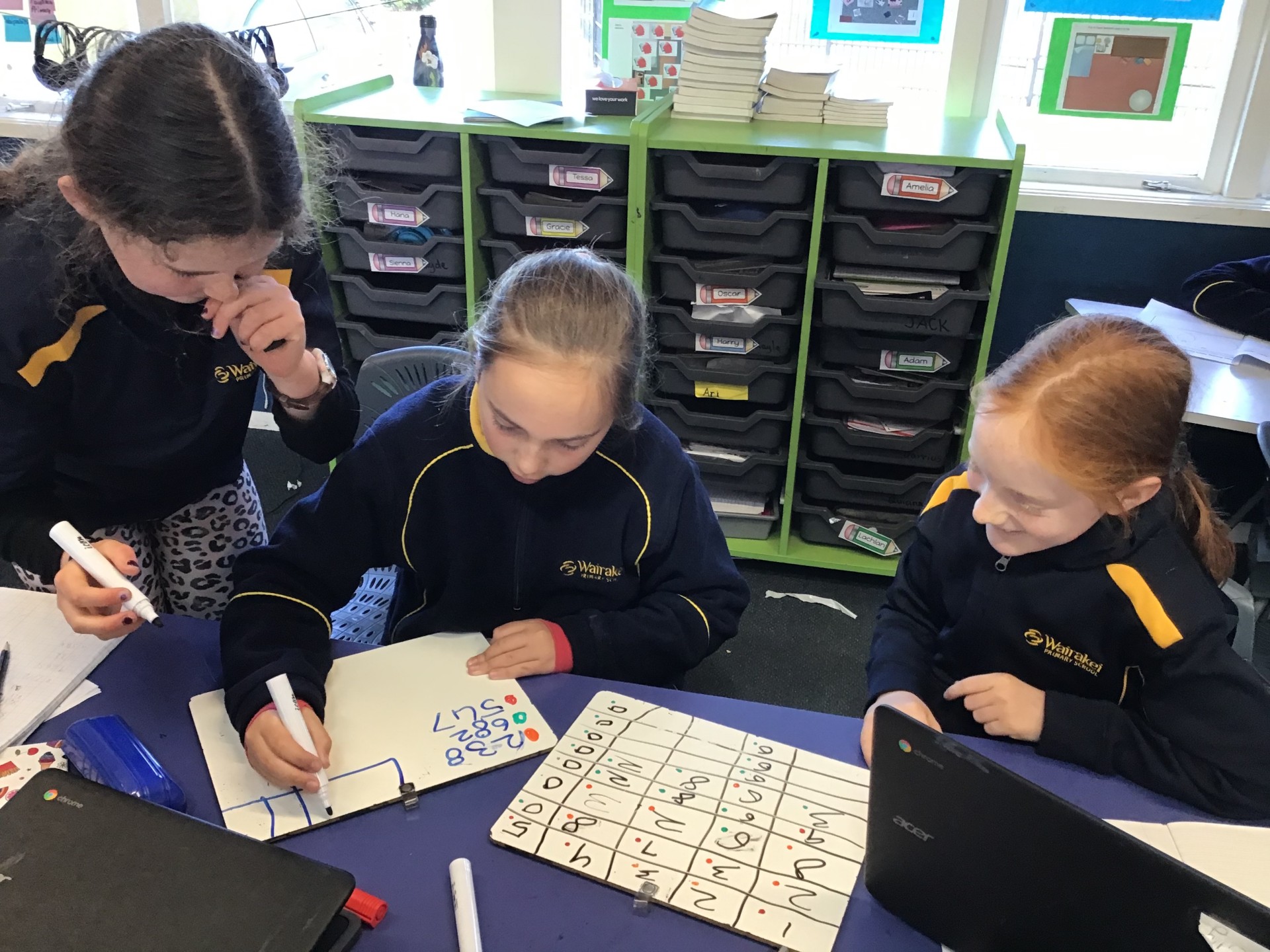
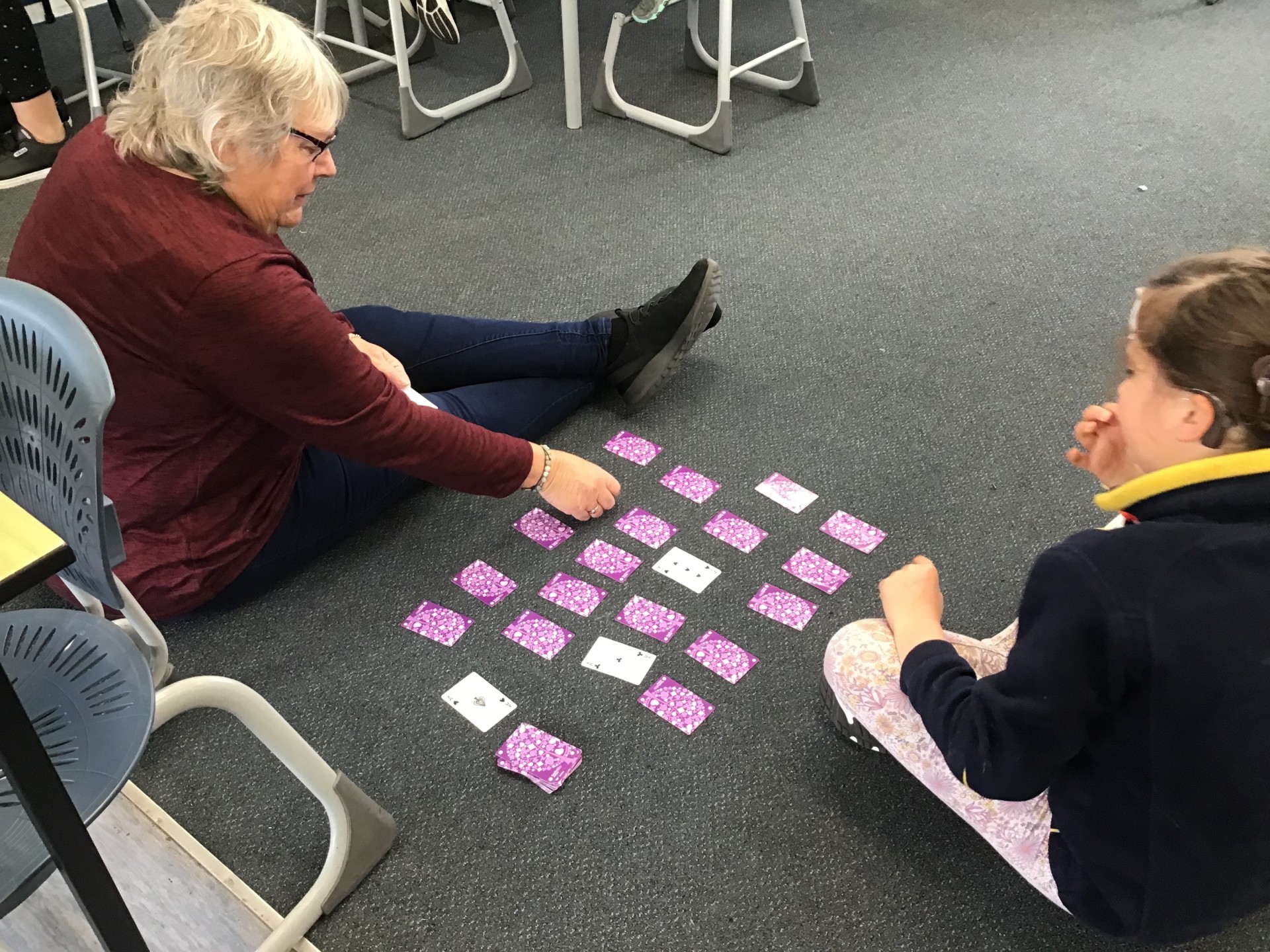
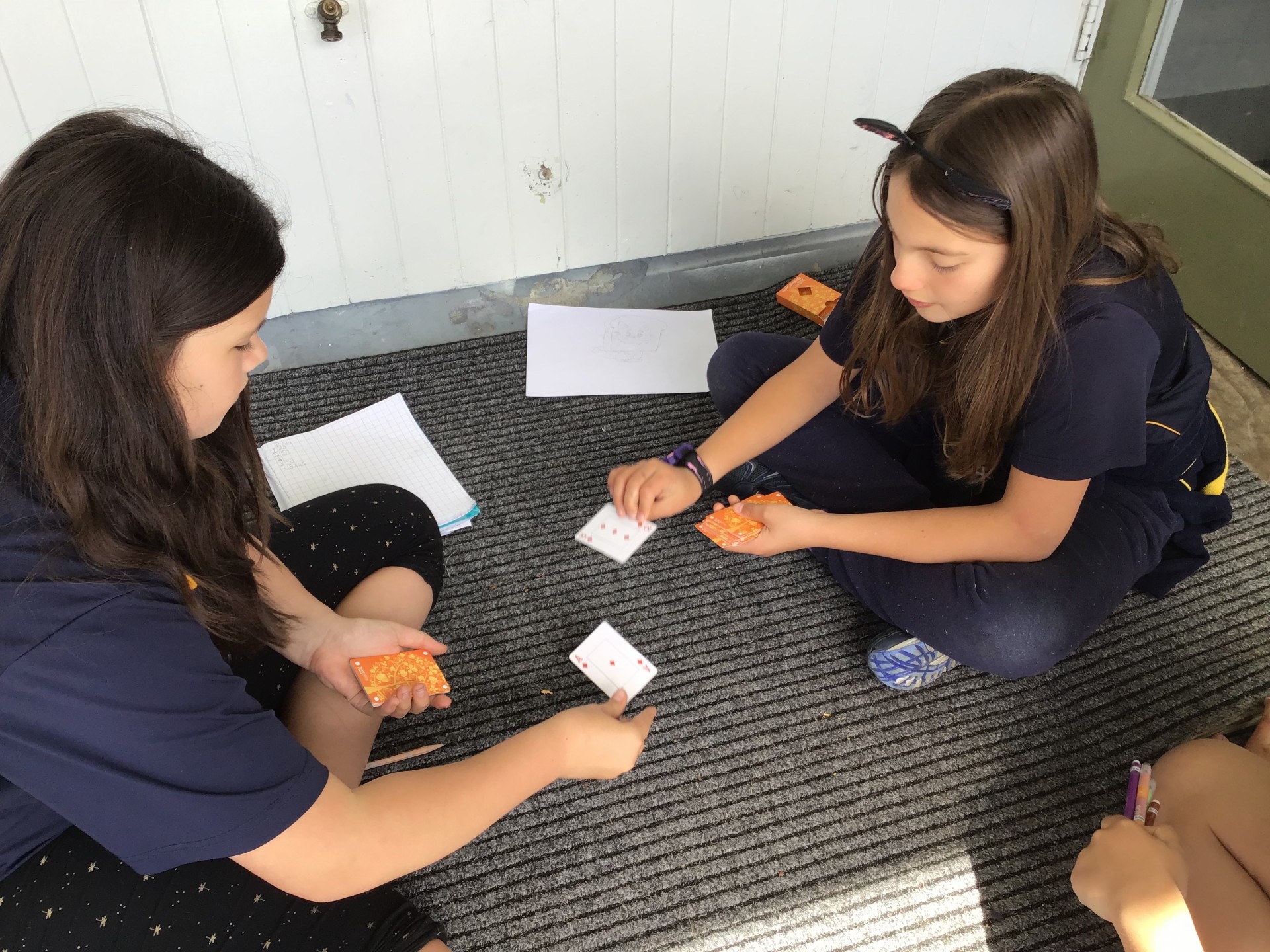
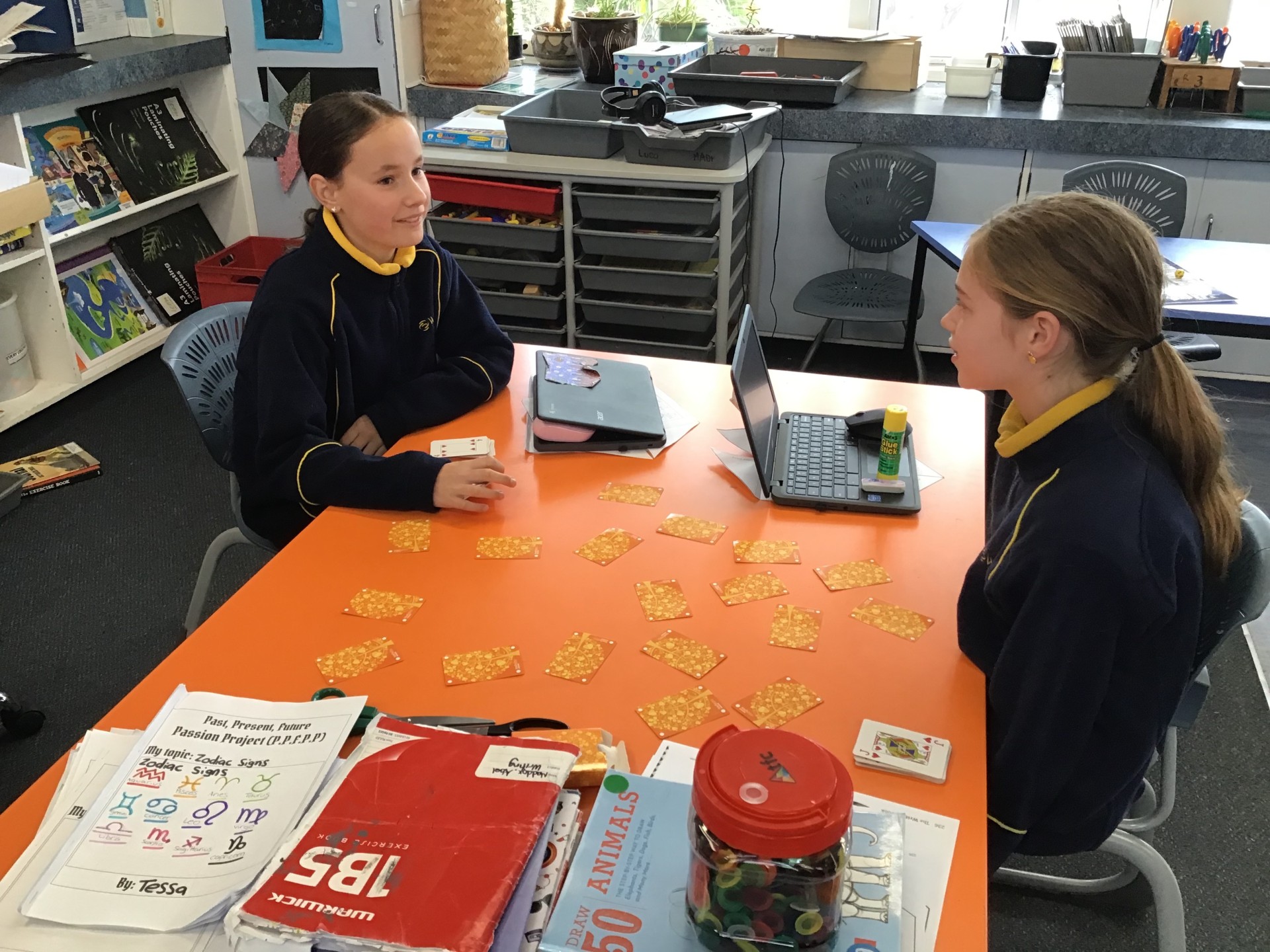
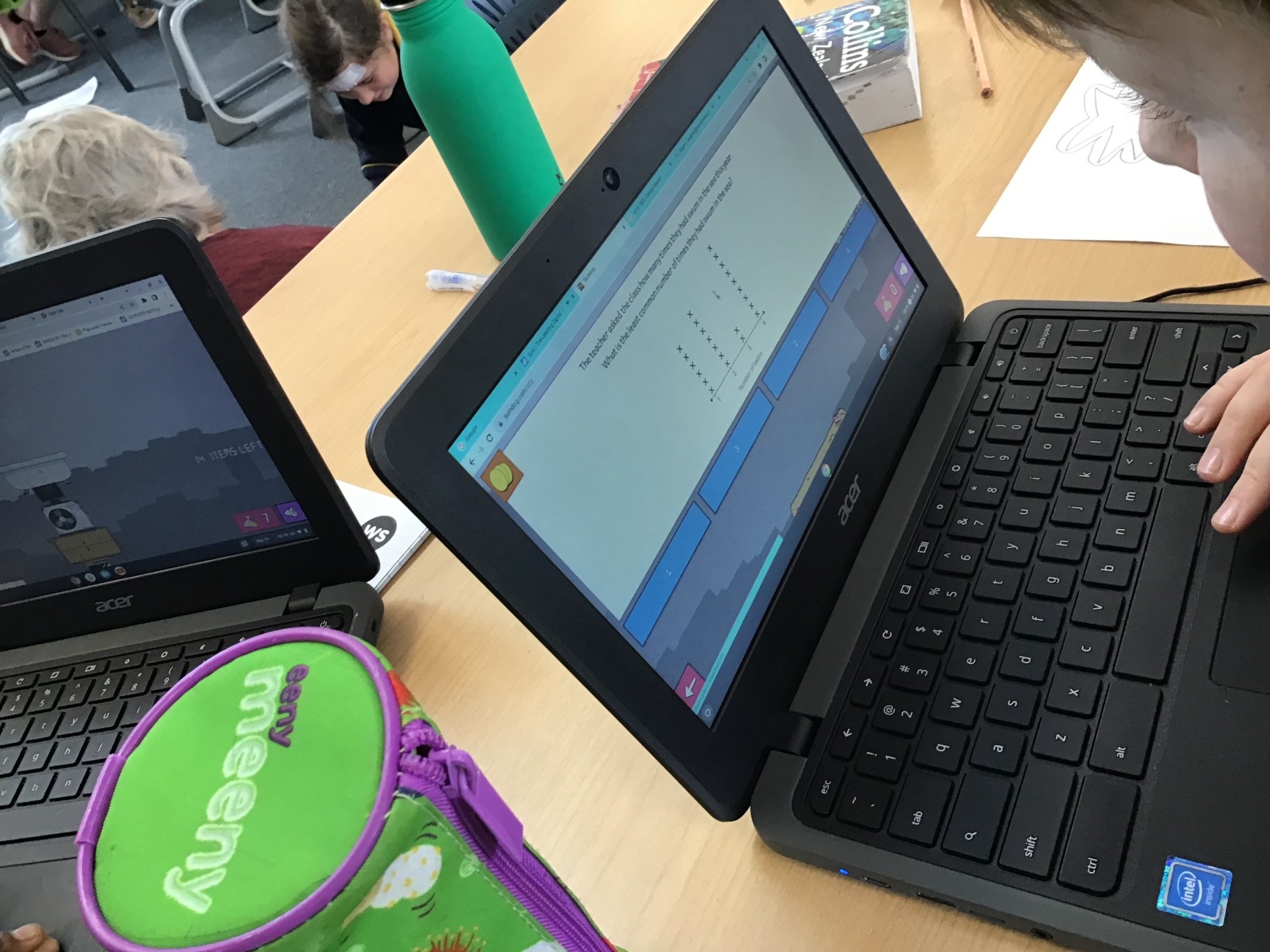
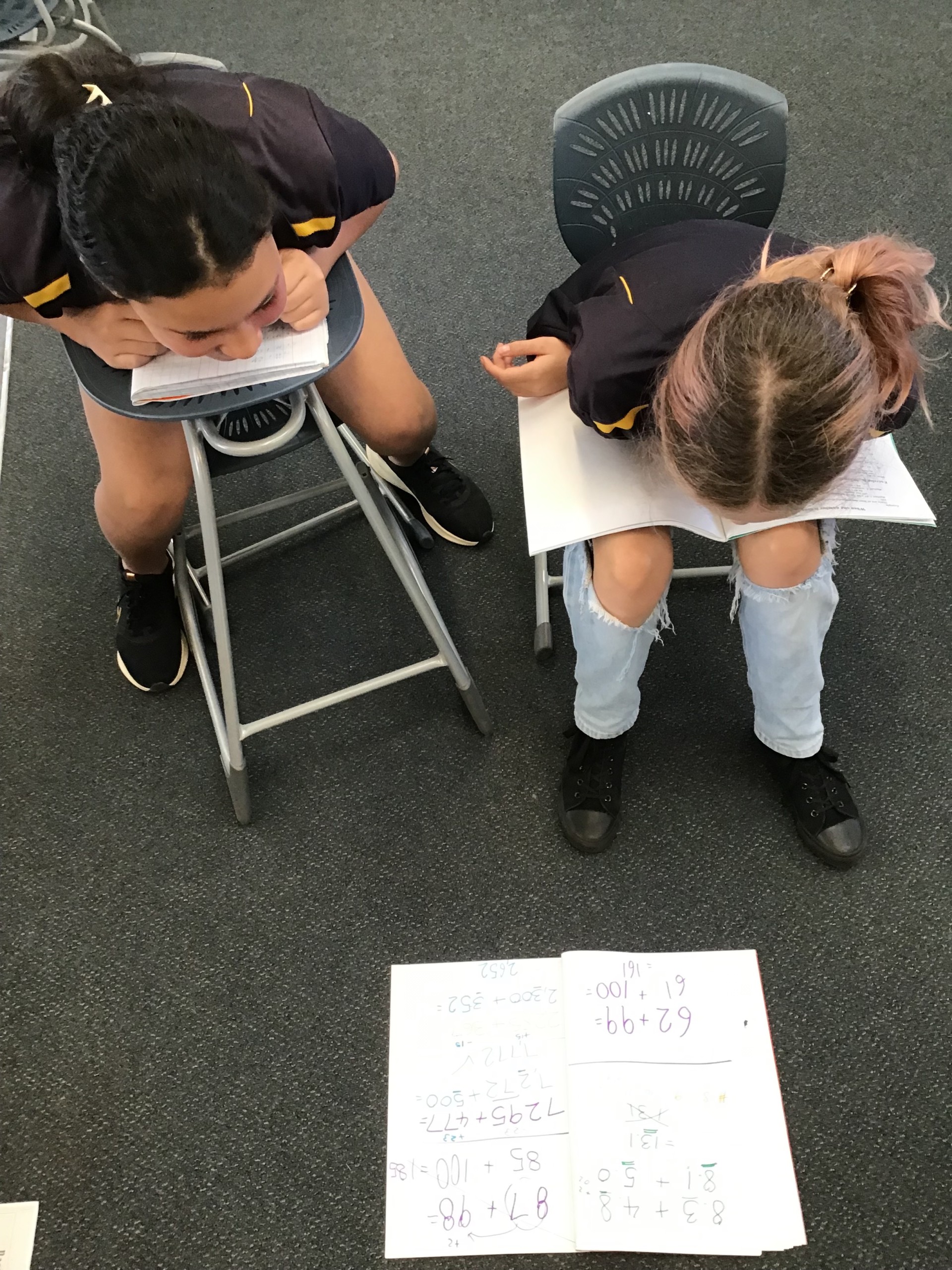
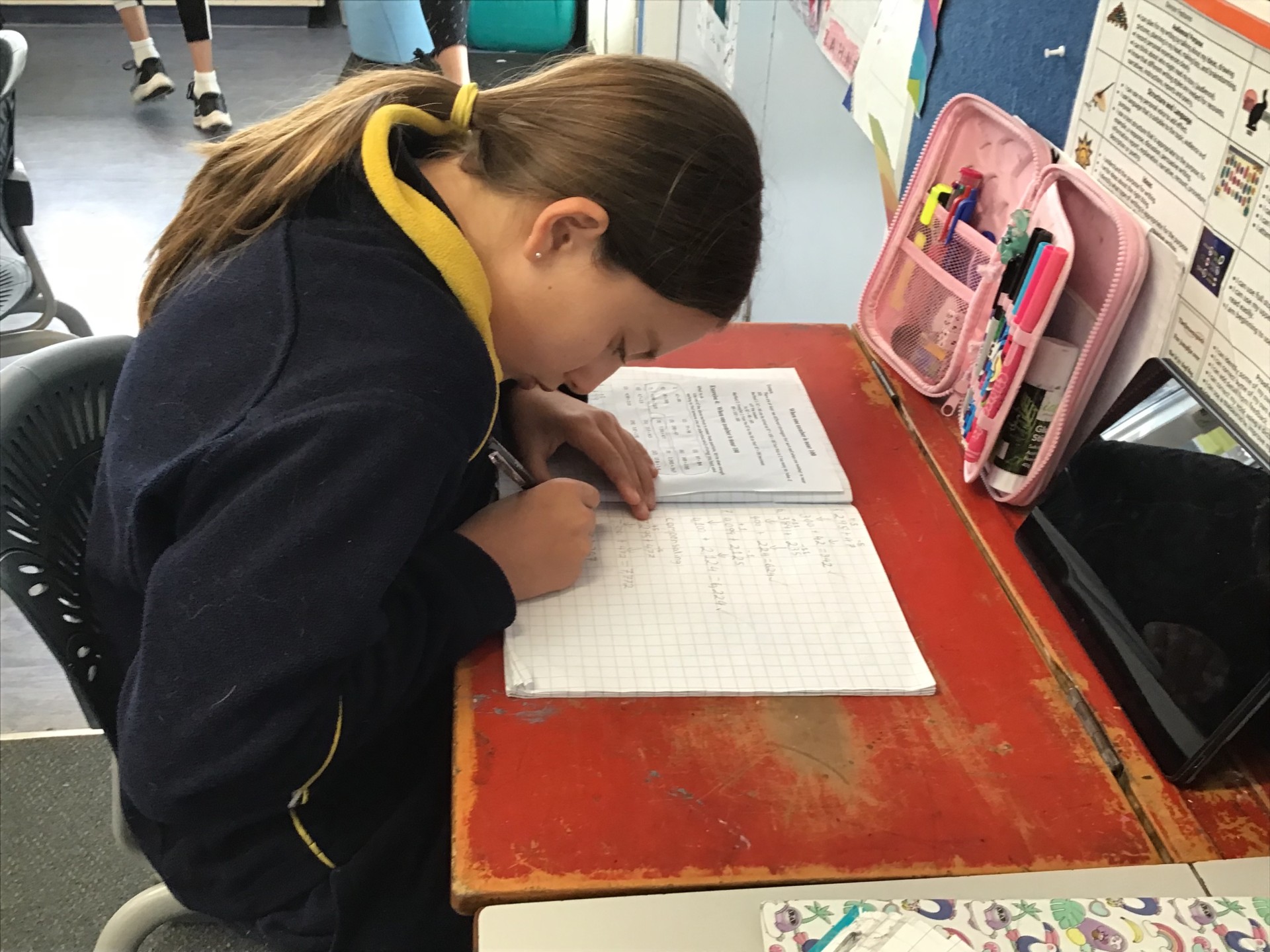
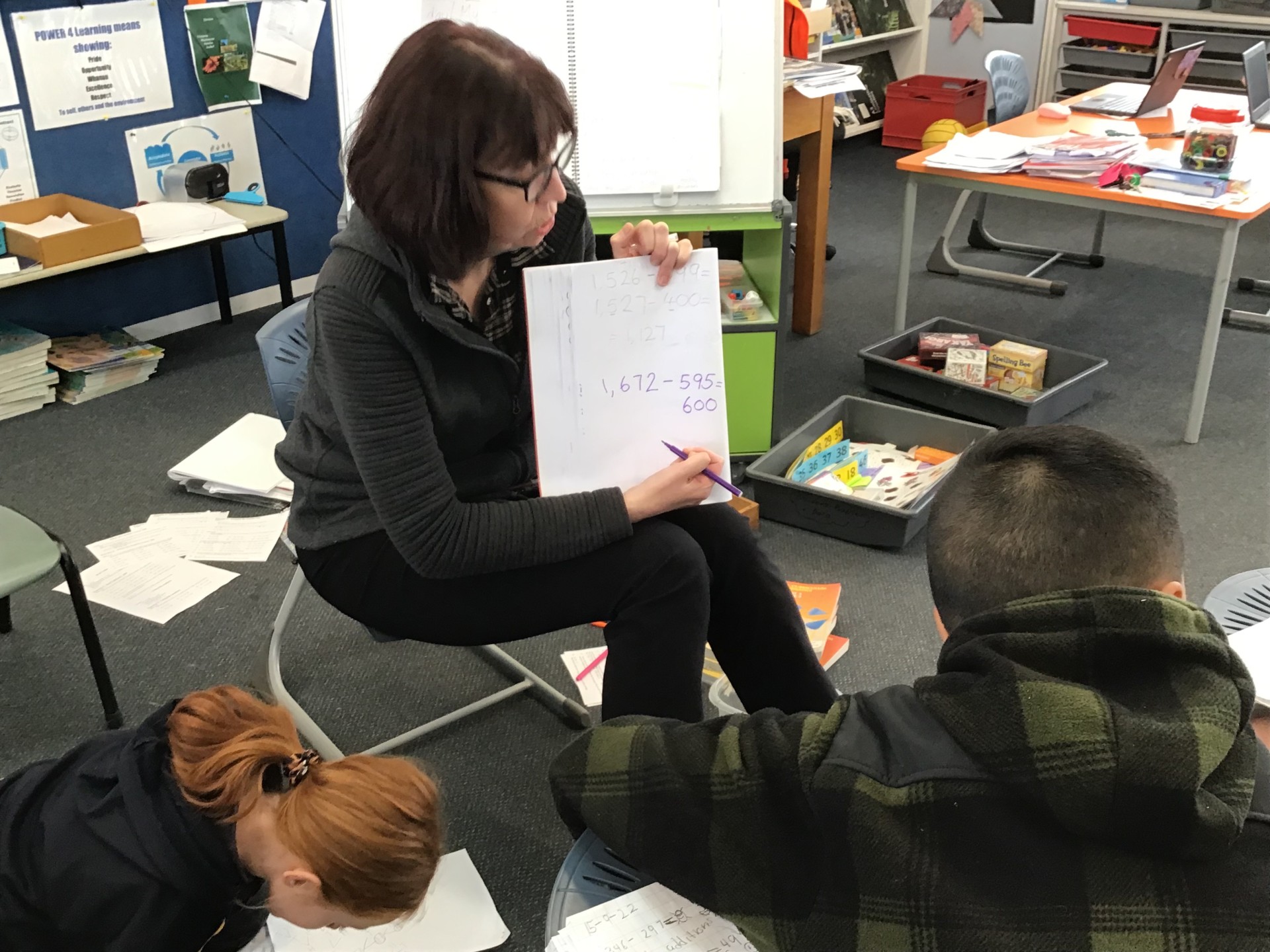

Comments are disabled for this post.